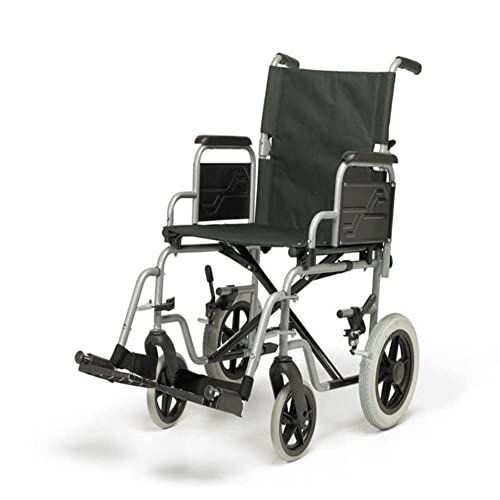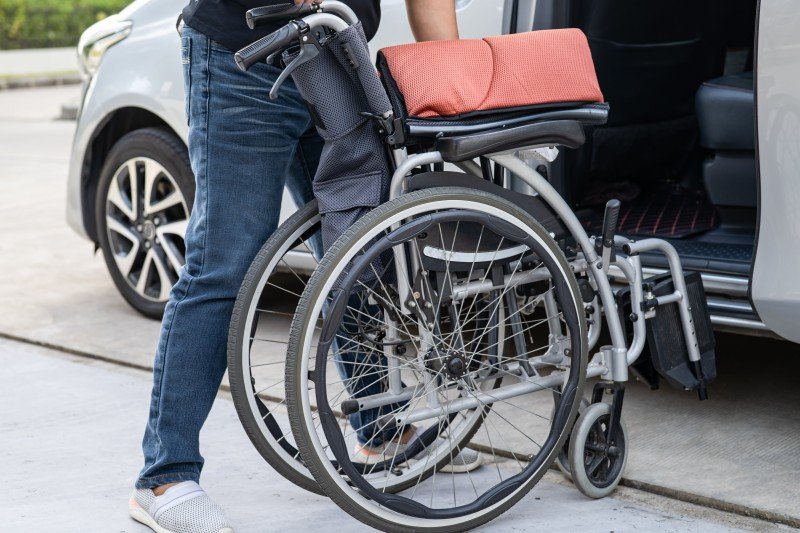Navigating the World of Mobility Scooters in the UK
Mobility scooters have actually ended up being an essential tool for numerous in the United Kingdom, providing a useful and dignified solution for people with mobility concerns. These scooters not only improve the lifestyle for their users however likewise provide a sense of independence and flexibility. This detailed guide intends to offer an introduction of mobility scooters in the UK, including their advantages, types, purchasing factors to consider, and maintenance ideas.

Intro to Mobility Scooters
A mobility scooter is a battery-powered car designed to help people with strolling troubles or limited mobility to walk around more quickly. Unlike manual wheelchairs, which need significant physical effort, mobility scooters are simple to operate and can be utilized both indoors and outdoors. They are especially beneficial for older grownups and people with disabilities, permitting them to travel longer ranges and browse different terrains with ease.

Benefits of Mobility Scooters
Independence and Freedom
- Mobility scooters empower users to travel separately, lowering the requirement for assistance from others.
- They can be utilized for daily activities such as shopping, checking out pals, or participating in social occasions.
Economical
- While there are preliminary expenses, mobility scooters can be an affordable option to other mobility aids, particularly over time.
- Lots of designs are available for rent or lease, supplying flexibility for users with varying needs.
Convenience and Safety
- Scooters are designed with ergonomic seats and adjustable functions to ensure comfort during long durations of usage.
- Safety features such as lights, horns, and braking systems improve user confidence and security.
Social Inclusion
- By allowing people to take part in neighborhood activities, mobility scooters promote social addition and reduce sensations of isolation.
Health Benefits
- Routine usage of a mobility scooter can assist maintain physical health by encouraging users to remain active and engaged.
Kinds Of Mobility Scooters
Mobility scooters in the UK come in numerous types, each created to accommodate various needs and preferences:
Class 2 Scooters (Pavement Scooters)
- Speed: Up to 4 mph
- Use: Designed for usage on pavements and within indoor areas
- Advantages: Compact and lightweight, ideal for short ranges and day-to-day errands
Class 3 Scooters (Road and Pavement Scooters)
- Speed: Up to 8 mph on roadways and 4 miles per hour on pavements
- Usage: Suitable for longer journeys and can be utilized on both roads and pavements
- Benefits: More robust and efficient in handling different surfaces, including rough surface areas and inclines
Off-Road Scooters
- Speed: Varies, but normally greater than Class 2 and Class 3 scooters
- Use: Designed for off-road use, including parks, trails, and irregular surfaces
- Advantages: Enhanced resilience and traction, perfect for adventurous users
Travel Mobility Scooters
- Speed: Varies, however normally approximately 4 miles per hour
- Use: Portable and simple to take apart for transportation
- Benefits: Perfect for users who take a trip frequently and need a portable option
Getting Considerations
When buying a mobility scooter, numerous aspects should be thought about to guarantee the best suitable for the user's requirements:
User's Physical Condition
- Weight Capacity: Ensure the scooter can support the user's weight.
- Height and Reach: Choose a model that is adjustable to fit the user's height and reach comfortably.
Intended Use
- Indoor/Outdoor: Determine if the scooter will be used primarily inside, outdoors, or both.
- Surface: Consider the type of surface the user will browse, consisting of any hills or rough surface areas.
Battery Life and Range
- Battery Type: Lithium-ion batteries are generally more effective and longer-lasting than lead-acid batteries.
- Variety: Check the scooter's range to guarantee it satisfies the user's daily travel requirements.
Safety Features
- Brakes: Look for scooters with trustworthy braking systems.
- Lights and Horns: Essential for visibility and notifying others.
Guarantee and Customer Support
- Warranty: Ensure the scooter features a thorough guarantee.
- Consumer Support: Choose a respectable maker with excellent customer service and assistance.
Upkeep and Safety Tips
Correct maintenance is crucial to guarantee the longevity and safety of a mobility scooter:
Regular Battery Checks
- Charging: Always keep the battery charged to prevent deep discharge.
- Cleaning: Keep the battery compartment tidy and totally free from dirt and moisture.
Tire Maintenance
- Inflation: Regularly check and keep proper tire pressure.
- Assessment: Inspect tires for wear and damage, replacing them as needed.
Tidy and Lubricate
- Cleansing: Wipe down the scooter routinely to keep it totally free from dirt and grime.
- Lubrication: Lubricate moving parts to avoid rust and make sure smooth operation.
Security Checks
- Brakes: Test the brakes frequently to guarantee they are operating properly.
- Lights and Horns: Check that all safety functions are functional.
Follow Manufacturer Guidelines
- Manual: Refer to the user handbook for specific maintenance instructions.
- Service: Schedule regular service talk to a certified specialist.
Regularly Asked Questions (FAQs)
Can anybody use a mobility scooter?
- No, just people with a medical need or disability are eligible to use a mobility scooter on public roads and pavements in the UK. Nevertheless, they can be used by anybody on private home.
Do I require a license to drive a mobility scooter?
- No, a license is not needed to use a Class 2 or Class 3 mobility scooter. Nevertheless, users need to be over 14 years of ages and have an authentic need for the scooter due to a disability or medical condition.
How fast can a mobility scooter go?
- Class 2 scooters have a maximum speed of 4 mph, while Class 3 scooters can reach up to 8 miles per hour on roads and 4 miles per hour on pavements.
Can I take a mobility scooter on public transportation?
- Some public transport, such as trains and buses, might enable mobility scooters, however it depends on the specific service and the size of the scooter. It's best to examine with the transport service provider beforehand.
What is the life-span of a mobility scooter?
- With appropriate upkeep, a mobility scooter can last a number of years, usually in between 5 and 10 years.
Can I get monetary support to buy a mobility scooter?
- Yes, financial assistance may be offered through the Disabled Facilities Grant (DFG), local authorities, or charitable organizations. In addition, some insurance providers may cover part of the cost.
Mobility scooters are a valuable help for individuals with mobility issues in the UK, offering a range of gain from increased independence to improved social participation. By considering the user's needs, the desired usage, and the scooter's features, one can choose the right design to improve their lifestyle. Routine maintenance and adherence to security guidelines are necessary to make sure the scooter stays a trusted and safe mode of transportation. For those who qualify, monetary assistance may be offered to make the purchase more economical. Whether for everyday usage or periodic outings, a mobility scooter can significantly enhance the user's capability to browse the world with confidence and ease.
Extra Resources
- Mobility Aids UK: A thorough directory of mobility help and scooters.
- NHS Choices: Information on mobility help and monetary support.
- Disability Living Allowance (DLA): Guidance on requesting financial support for disability-related costs.
By checking out these resources and considering the points laid out in this guide, individuals can make an informed decision about buying and utilizing a mobility scooter in the UK.








